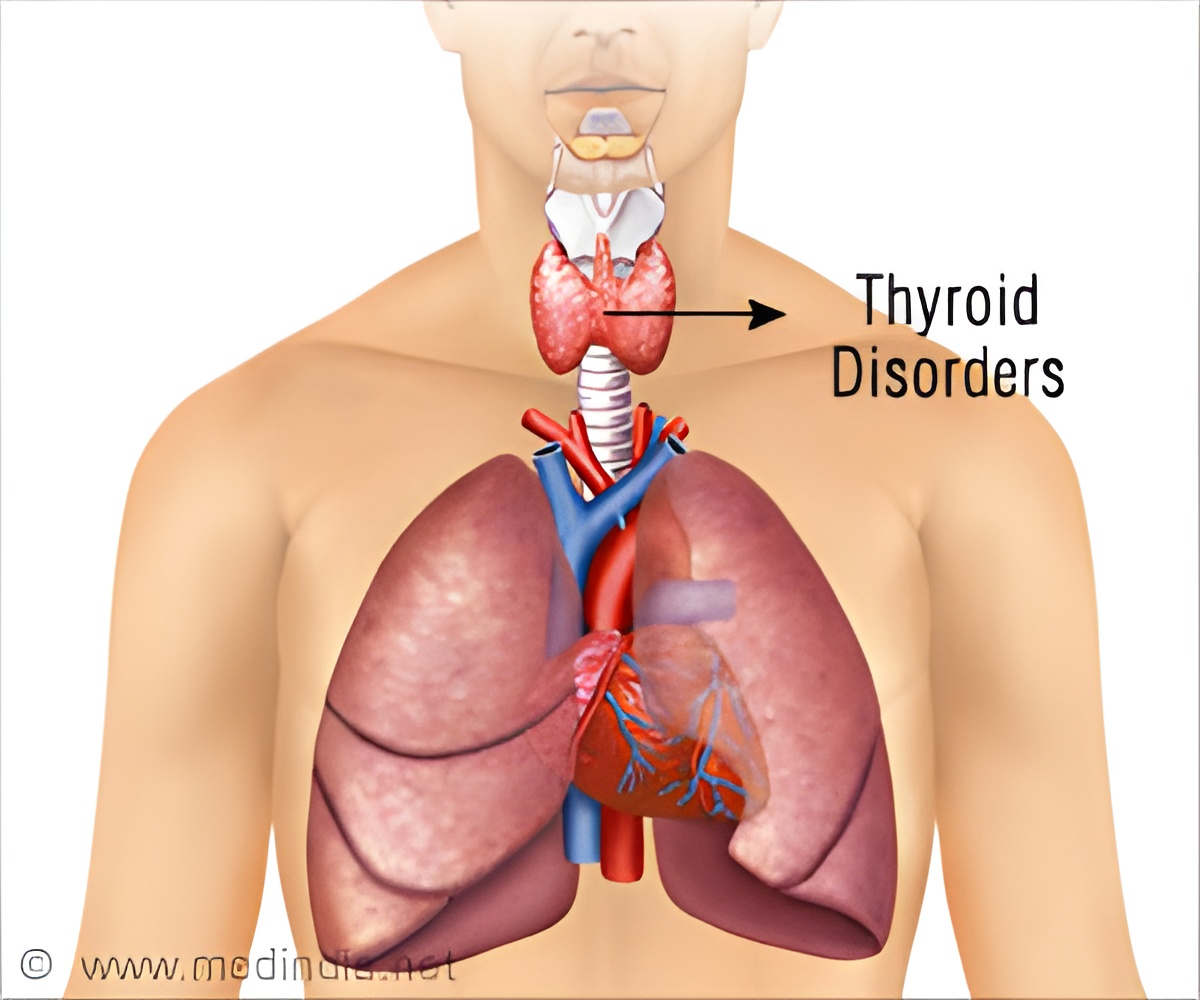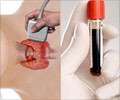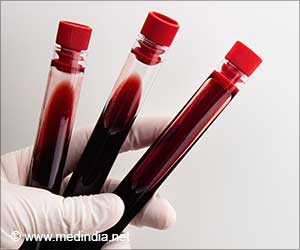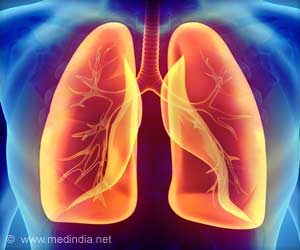Screening for thyroid dysfunction in people without symptoms: Don't routinely check that box- New guideline from the Canadian Task Force on Preventive Health Care.

‘Physicians need to reconsider the practice of routine screening through TSH tests for testing thyroid function for all patients as part of preventive health visits.’
Read More..




"If you are a clinician who orders TSH tests as part of preventive health visits, we would like you to reconsider this practice. The evidence isn't there to suggest a health benefit for this type of screening as a routine part of care," says Dr. Richard Birtwhistle, Emeritus professor of Family Medicine and Public Health Sciences at Queen's University and Chair of the Task Force Thyroid Dysfunction working group. Read More..
The task force identified no screening trials in their evidence review but looked at 22 studies on the effectiveness of treatment for abnormal TSH findings in asymptomatic adults and found no evidence of benefits from screening and treatment in people without symptoms.
Harms of unnecessary testing include the need to take medication unnecessarily and have regular medical visits and follow-up blood tests to check TSH levels.
"Patients who are unusually tired; sensitive to cold or heat; or experience hair loss, heartbeat irregularities, unexpected weight loss or gain should visit their primary care practitioner," says Dr. Donna Reynolds, a family doctor and specialist in public health and preventive medicine and a member of the task force working group.
"This recommendation does not apply to people with symptoms that may indicate an over- or under-active thyroid gland, or who have risk factors for thyroid disease, such as previous head or neck radiation, exposure to certain medications, and pituitary or hypothalamic diseases."
Advertisement
The British Columbia Ministry of Health and Toward Optimized Practice from Alberta recommend against testing for TSH in asymptomatic patients.
"Given the lack of clinical effectiveness and the burden on patients, including financial costs, screening patients without symptoms consumes resources that could be better used elsewhere," says Dr. Birtwhistle.
For the full guideline, infographic overview and clinician FAQs, visit the http://canadiantaskforce.ca/guidelines/published-guidelines/asymptomatic-thyroid-dysfunction/ at http://www.canadiantaskforce.ca.
In a related commentary http://www.cmaj.ca/lookup/doi/10.1503/cmaj.191437 Drs. Omar El Kawkgi and Juan Brito, Division of Endocrinology, Diabetes, Metabolism and Nutrition, Mayo Clinic, Rochester, Minnesota, write that "by issuing a strong recommendation against population screening for thyroid dysfunction, the task force may help physicians to stop uncovering a large reservoir of people with mild thyroid dysfunction who are unlikely to benefit from identification or treatment, thereby preventing the overdiagnosis and overtreatment of otherwise healthy people."
They note that the task force's recommendation diverges from some other medical societies that recommend screening, especially in older people.
Source-Eurekalert












